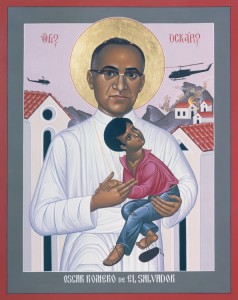I’ve been reading Richard Dawkins’s The Greatest Show on Earth, and today I was particularly impressed by his explanation of the nature of DNA and the way it tells cells in a simple embryo how to grow into a complex body. In particular, Dawkins refutes the analogy of a blueprint, concluding:
There is no overall plan of development, no blueprint, no architect’s plan, no architect*. The development of the embryo, and ultimately of the adult, is achieved by local rules implemented by cells, interacting with other cells on a local basis. What goes on inside cells, similarly, is governed by local rules that apply to molecules, especially protein molecules, within the cells and in the cell membranes, interacting with other such molecules.
Cells, says Dawkins, are less like masons directed by an architect, and more like starlings that move in a group, each only thinking about itself and its immediate neighbors, but acting according to a set of rules which make the whole flock seem to be moving with one intelligent mind. This has an interesting consequence:
Again, the rules are all local, local, local. Nobody, reading the sequence of letters in the DNA of a fertilized egg, could predict the shape of the animal it is going to grow into. The only way to discover that is to grow the egg, in the natural way, and see what it turns into. No electronic computer could work it out, unless it was programmed to simulate the natural biological process itself, in which case you might as well dispense with the elctronic version and use the developing embryo as its own computer.
Imagine that – even the analogy of the computer program for DNA is severely flawed. If it were the other way around – if cells did grow more according to a blueprint – it would have a rather interesting consequence:
This way of generating large and complex structures purely by the execution of local rules is deeply distinct from the blueprint way of doing things. If the DNA were some kind of linearized blueprint, it would be a relatively trivial exercise to program a computer to read the letters and draw the animal. But it would not be at all easy – indeed, it might be impossible – for the animal to have evolved in the first place.
Not only is the starling analogy true – it couldn’t have been any other way, if there was to be life on earth!
______________________________
*Dawkins admits earlier in the book that he does not intend this to be a proof regarding the non-existence of God. Part of what makes this book (as well as The Ancestor’s Tale) so good is that by and large, Dawkins stays away from the deep waters of philosophy, where he has severely embarrassed himself.
[quotes from The Greatest Show on Earth, pp 247-8]

